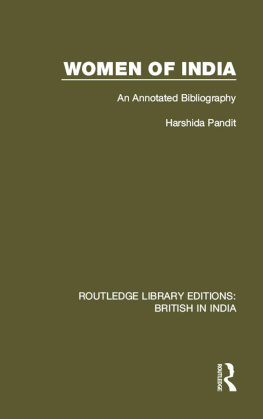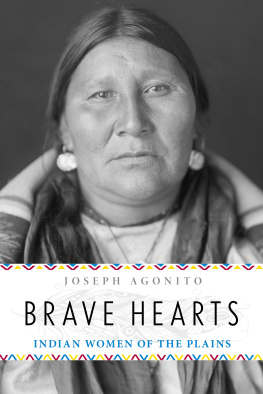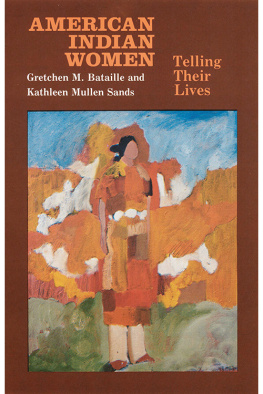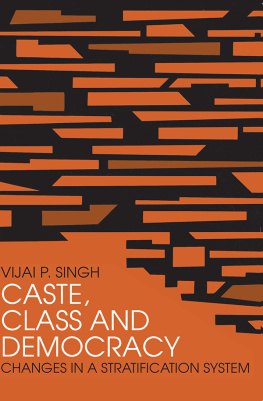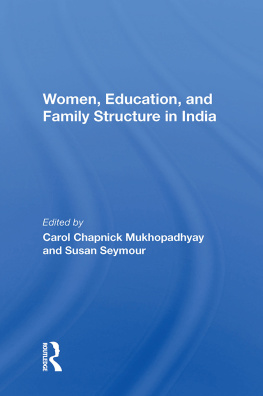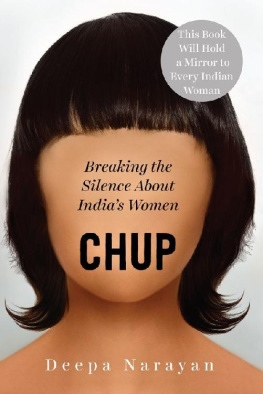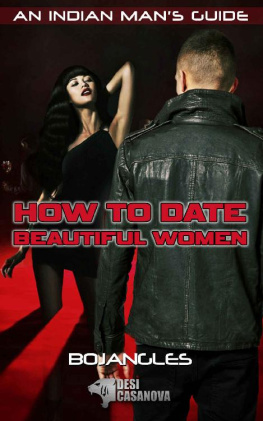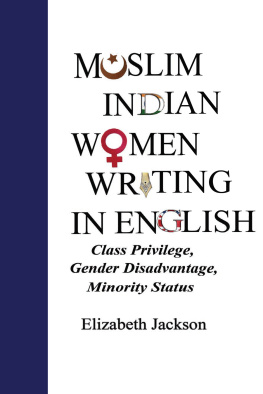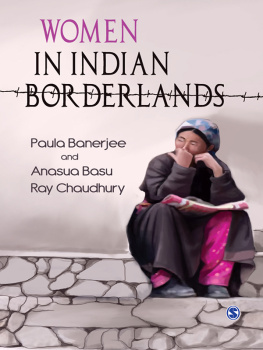
PURDAH
Purdah, which can be formal law or informal custom, involves keeping women segregated from society, restricting their independence, and obliging them to dress in clothing that fully covers them. First published by Kegan Paul in 1932, this was a seminal book for the womens rights movement in general, and the Indian Womans Movement in particular, and remains highly relevant today, as Indian, Islamic and Asian women continue to feel the conflict between modernity and tradition. Swiss by birth and married to an Indian, the author had a unique opportunity to see life in India from the perspective of women in purdah. Beginning in the Vedic period, she shows how the institution of purdah developed over time, describes purdah as long practiced in India, and then details the various reform and suffragette measures undertaken to eradicate it and the effect of the Nationalist movement on Indian womens freedom. There are clear parallels with the status of women in other countries. In recent decades, purdah is once again reasserting itself in parts of India and elsewhere as conservative forces gain ground. This important work gives insight into the roots and strength of purdah.
www.keganpaul.com
KEGAN PAUL
BOOKS OF RELATED INTEREST
SIAMESE HAREM LIFE
Anna H. Leonowens
INDIA AND BEYOND: ASPECTS OF LITERATURE,
MEANING, RITUAL AND THOUGHT
Edited by Dick van der Meij
HINDU MANNERS, CUSTOMS AND CEREMONIES
Abb J.A. Dubois
PURDAH
The Status of Indian Women from Ancient
Times to the Twentieth Century
FRIEDA HAUSWIRTH
First published in 2006 by
Kegan Paul Limited
UK: P.O. Box 256, London WC1B 3SW, England
Tel: 020 7580 5511 Fax: 020 7436 0899
E-Mail:
Internet: http://www.keganpaul.com
USA: 61 West 62nd Street, New York, NY 10023
Tel: (212) 459 0600 Fax: (212) 459 3678
Internet: http://www.columbia.edu/cu/cup
BAHRAIN:
Distributed by:
Marston Book Services Ltd
160 Milton Park
Abingdon
Oxfordshire OX14 4SD
United Kingdom
Tel: (01235) 465500 Fax: (01235) 465555
Email:
Columbia University Press
61 West 62nd Street, New York, NY 10023
Tel: (212) 459 0600 Fax: (212) 459 3678
Internet: http://www.columbia.edu/cu/cup
Kegan Paul, 2006
Printed in Great Britain
All rights reserved. No part of this book may be reprinted or reproduced or utilised in any form or by any electric, mechanical or other means, now known or hereafter invented, including photocopying or recording, or in any information storage or retrieval system, without permission in writing from the publishers.
ISBN: 0-7103-0784-5
British Library Cataloguing in Publication Data
Hauswirth, Frieda
Purdah : the status of Indian women. (Kegan Paul Asia library)
1. Women India History 2. Women India Social conditions
3. Feminism India
I. Title
305.42095409
ISBN 0710307845
TO FINELLA,
CREDIT FOR WHATEVER MERIT THIS BOOK MAY POSSESS,
BLAMELESSNESS FOR ALL ITS SHORTCOMINGS.
BUT FOR FINELLA
IT WOULD NOT HAVE BEEN WRITTEN
AUTHORS FOREWORD
IT is expected that the present volume will be the precursor of a book envisaged but not yet written. I had hoped that an occasion would present itself for an early return to India, for the purpose of making on the spot a protracted study of the Indian Womans Movement of this century, particularly of the developments of the immediate, most vital present. Pending this, I have acceded to the demand to share with others such knowledge as I have at my command.
It has not been my intention, within the short compass of this book, sharply to separate historical fact from legend, as both equally express the truths relevant to the present. Nor have I aimed at a consistent chronological presentation of later historical factors involved in the determining of womens position. The value of the book will lie mainly in a viewpoint and presentation conditioned by fresh personal experience; that, at least, is what friends think, who urge that my life has placed me in a position which leaves me comparatively free from the racial, national, or imperial bias to which most ordinary white sojourners in India are prone.
Born and brought up in Switzerland, I completed my academic studies at Leland Stanford University in California, then attended the California Institute of Art, and later went to India as the wife of a Hindu graduate in agricultural industries of the University of California.
In India, by virtue of this unusual position, I had the chance of being for eight years in intimate contact with Indian family life in all grades of society and in many different sections of the country. In the welter of social and British-Indian problems and conflicts, it has been my endeavour to side not with partisans, but only with truth, as I saw it. This truth I tried to express in my former book, A Marriage to India, as well as in the present one. Leap-Home and Gentle-brawn a series of linked tales to appear this autumn, will, beneath their superstructure of fiction, also be based on this foundation of actuality and experience.
I hope that in Purdah the exceptional opportunities that I have had of seeing life in India from an unusual standpoint may put before the reader a few new considerations, new angles of approach to the complex question of the status of Indian women. If I have succeeded in this, I shall be satisfied.
The appended list of books touching on the subject under consideration is in no sense a bibliography. I have merely included those few books to which I am, in varying degrees, indebted for refreshing my memory or for new information, hereby gratefully acknowledged. Beside the writers mentioned in footnotes, I have drawn particularly upon the works of Margaret Cousins, N. Macnicol and S. N. Dutt for biographical matter. My thanks are likewise due to those members of the Round Table Conference who have supplied me with information covering the three-year period since my departure from India, and to my many friends in India who helped me to my understanding of their Motherland long before any thought of recording it in writing crossed our minds.
F. H. D.
CAMBRIDGE,
March 1932.
CONTENTS
PURDAH: THE STATUS OF INDIAN WOMEN
I
INTRODUCTION
A FEW years ago an occidental woman went all over India in a mad scramble for material. She covered her field kangaroo-fashion in great erratic leaps; she searched dark corners; her eyes saw just what they wanted to see, her heart found just what could quicken it. The rest she, for her purposes, ignored.
This investigator stopped whenever she came across an evil cesspool, pounded the ground with booming noise, turned up her eyes and called the heavens and the wide earth to witness and to condemn such appalling, unparalleled iniquity. Behold, O my white people. Compared to these Indian sinks our Western cesspools are indeed but heavy-perfume phials! And a good deal of truth her indictment indeed contained.




